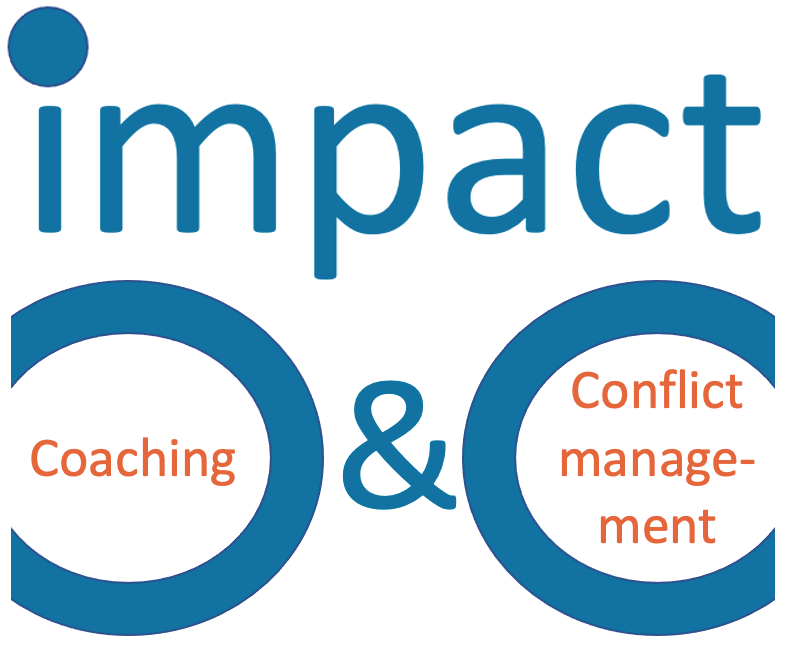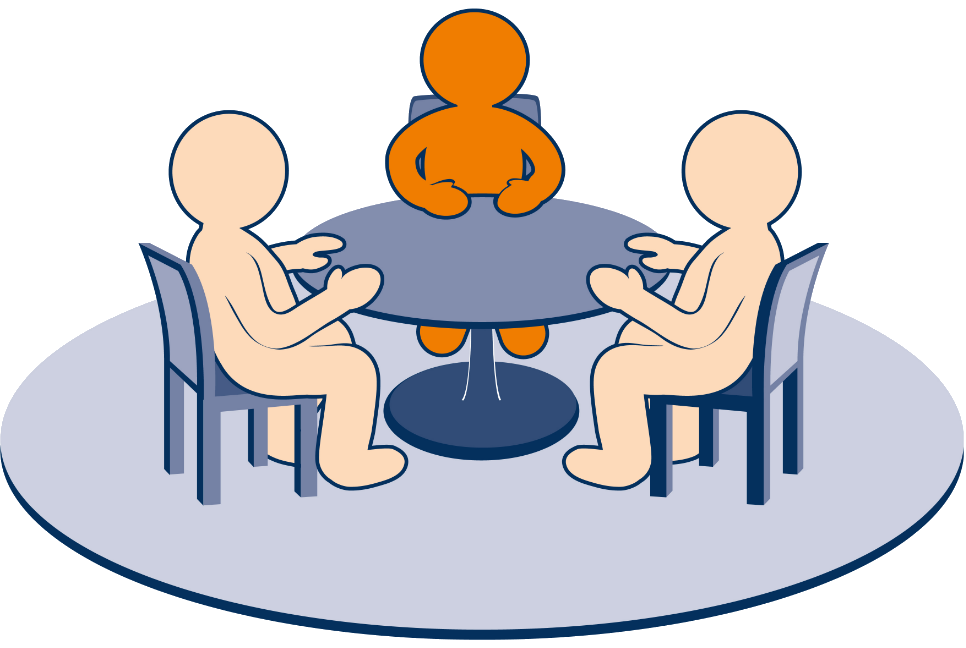mediation addresses conflicts in companies in a constructive way

conflicts are normal
the earlier they are managed, the better there negative effects can be mitigated.mediation addresses conflicts in companies in a constructive way.
Conflicts in international companies
Conflicts are inevitable in the business sphere. Some conflicts have structural backgrounds, some are based on personal differences. International companies are subject to additional specific stress factors with the associated potential for conflicts:
- An elevated level of complexity: multiple axes of management, product lines, geographical dimensions, functions entail internal dilemmas.
- A high degree of interconnectedness and dependencies, conflicting interests and goals.
- Conflicts arising from regionally different business-, leadership- and work-cultures.
- Ensuing hazards from communication across languages.
- Collaboration across time zones.
Mediation addresses conflicts in companies in a constructive way. It uses a structured approach to build solutions based on the interests of all conflicting parties.
The nature of conflicts
Conflicts bear risks and opportunities. They may on the one hand considerably degrade the companies’ operational capacity, disrupting communication, operational processes and workflows. Conflicts decrease efficiency to a mounting degree, the longer they last. Ultimately, they can lead to people getting ill or leaving. All those effects are damaging to your company, even more in the current situation of skills shortage. Consequences represent costs to the business, sometimes significant costs.
But conflicts may also trigger important developments, since they might be indicators of unbalances, contradictions, fault lines or due innovations. Whether conflicts are productive, or cause damages depends to a large degree how management and leadership deal with them.

conflicts are opportunities to adapt
by looking at the parties inherent interests, sustainable solutions are easier to find than in a purely “power-based” conflict resolution. Impact mediations help your company to find good solutions for conflicts, to avert risks and damages and to reboot following challenging times.
It’s easiest to solve conflicts when they are handled early on. And the earlier a conflict is addressed the higher the chances are that the people involved solve it among themselves. This happens all the time in in teams and other company settings.
Managers can support and empower their team members in different ways to solve their conflicts using their leadership and facilitation skills and thus contribute directly to finding constructive solutions. (See also our leadership training programs to enhance the conflict management skills of your leaders).
When to mandate external assistance?
When conflicts escalate and spread, they involve ever more people and topics. They become ever more inextricable and difficult to tackle. Being involved in or being close to a conflict – as direct conflict party, responsible manager, or HR – it is increasingly difficult to get a clear view of where to start and how to proceed to stop the dynamics and how to arrive at solutions. These are points in conflict dynamics when it is advisable to draw on external resources.
As mediators we are looking at conflicts as the neutral third party. We provide an external view, having no vested interest in the conflict, and no preferences for a particular solution. It is our job to check – in collaboration with you – who needs to talk to whom in order to deal with the issues at hand and conceive satisfactory and sustainable solutions. We accompany all parties on the way towards its implementation. Mediation is a professional and structured approach to conflict resolution with a tested toolset to do this.
For internationally operating companies, online mediation is a timely and straightforward option to bring together those people who can come up with satisfactory and sustainable solutions, even if they are far apart.
Who benefits?
boards, committees, internal organs, units, peer leader circles. teams, (internationally dispersed, hybrid, co-located or project teams), individuals

benefits of mediation
protect work-relationships and workflows from the negative impact of conflicts, and keep the cost of a conflict as low as possible.
Mediation has many advantages compared to other ways to resolve conflicts:
- Mediation leads to mutually satisfactory results which in turn guarantee higher sustainability. As such they are better than simple compromises or win/lose outcomes.
- Interest-based solutions are more satisfactory to all concerned parties and stakeholders.
- For companies the preservation of (good) work relationships is essential for their profitability: mediated settlements that address all parties’ interests often preserve working relationships in ways that would not be possible in a win/lose decision-making procedure. Mediation can also make the termination of a work relationship more amicable.
- In international scenarios where conflicting parties may be geographically separated, setting up a mediation process via an online platform is significantly simpler and faster.
Services
MEDIATION
- Pre-Mediation talks involving HR, line management and conflicting parties. Objectives are to form a first impression of the issues at hand, inform participants about the nature of the process and for instance clarify procedural needs.
- Pre-mediation terminates with an agreement on mediation as the appropriate process, the designation of the participants and the design of the overall mediation process.
- The mediation process: outcome-focused and interest-based approach; we lead the conflicting parties through the different steps, which include identifying and prioritizing issues, exploring parties’ interests, concerns, needs and pre-occupations, designing solutions and possible outcomes and negotiating them. The process is finalized by a common mutual internal agreement.
- Finalizing talks with HR and line management.
- Follow Up after 2-3 months after the end of the mediation process.
Each mediation process needs its proper architecture depending on the corporate context, the degree of conflict-escalation as well as the number of parties and issues involved. The pre-Mediation phase serves to design the architecture of any specific mediation process.
“FIRST AID”
At the onset of a conflict, it is often not easy for management, HR or involved the parties to get a realistic idea of the options at hand to proceed. impact offers a “clearing service” that helps to assess the situation and to define steps forward. A one hour discussion can help to identify the right steps.

